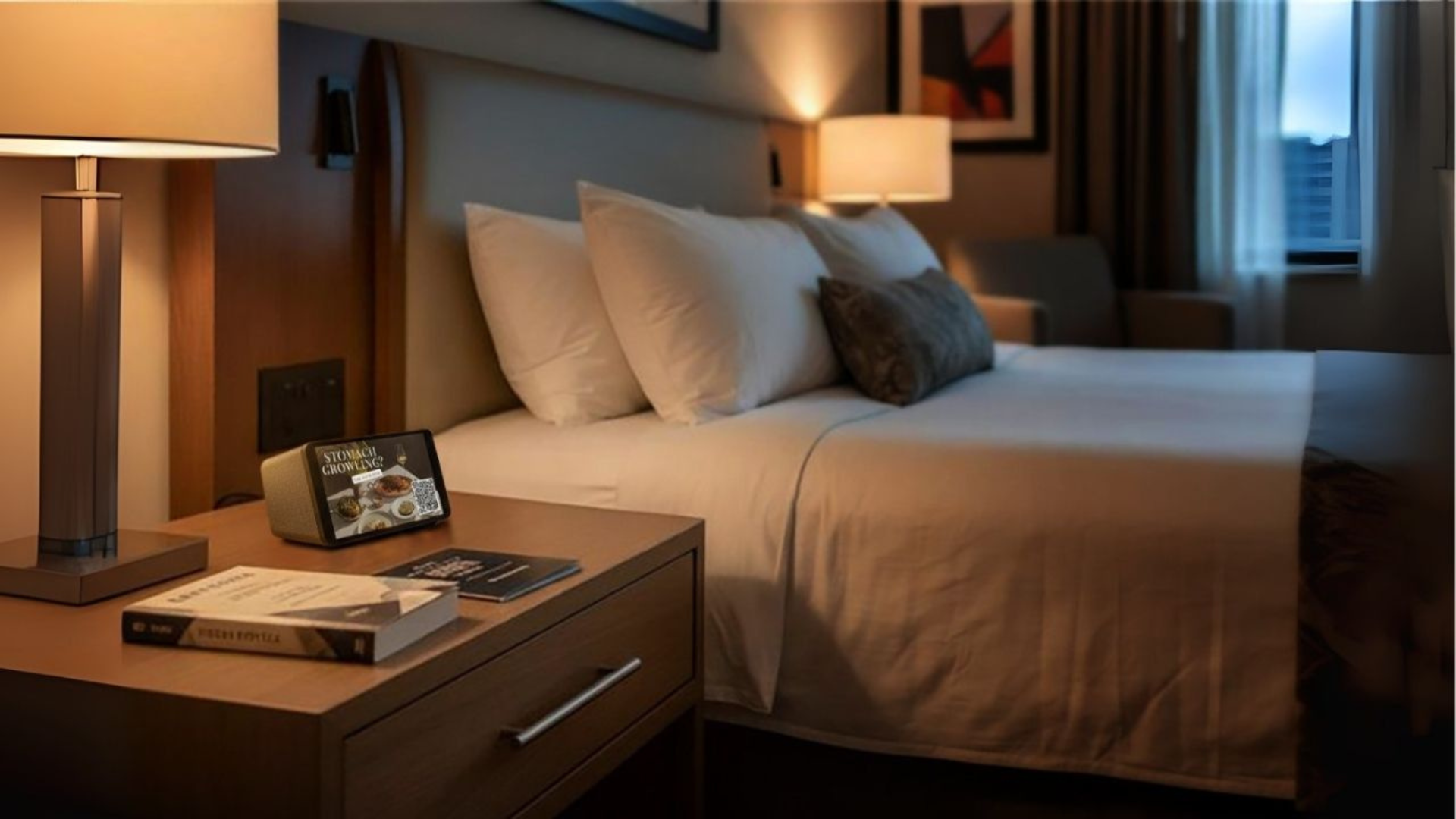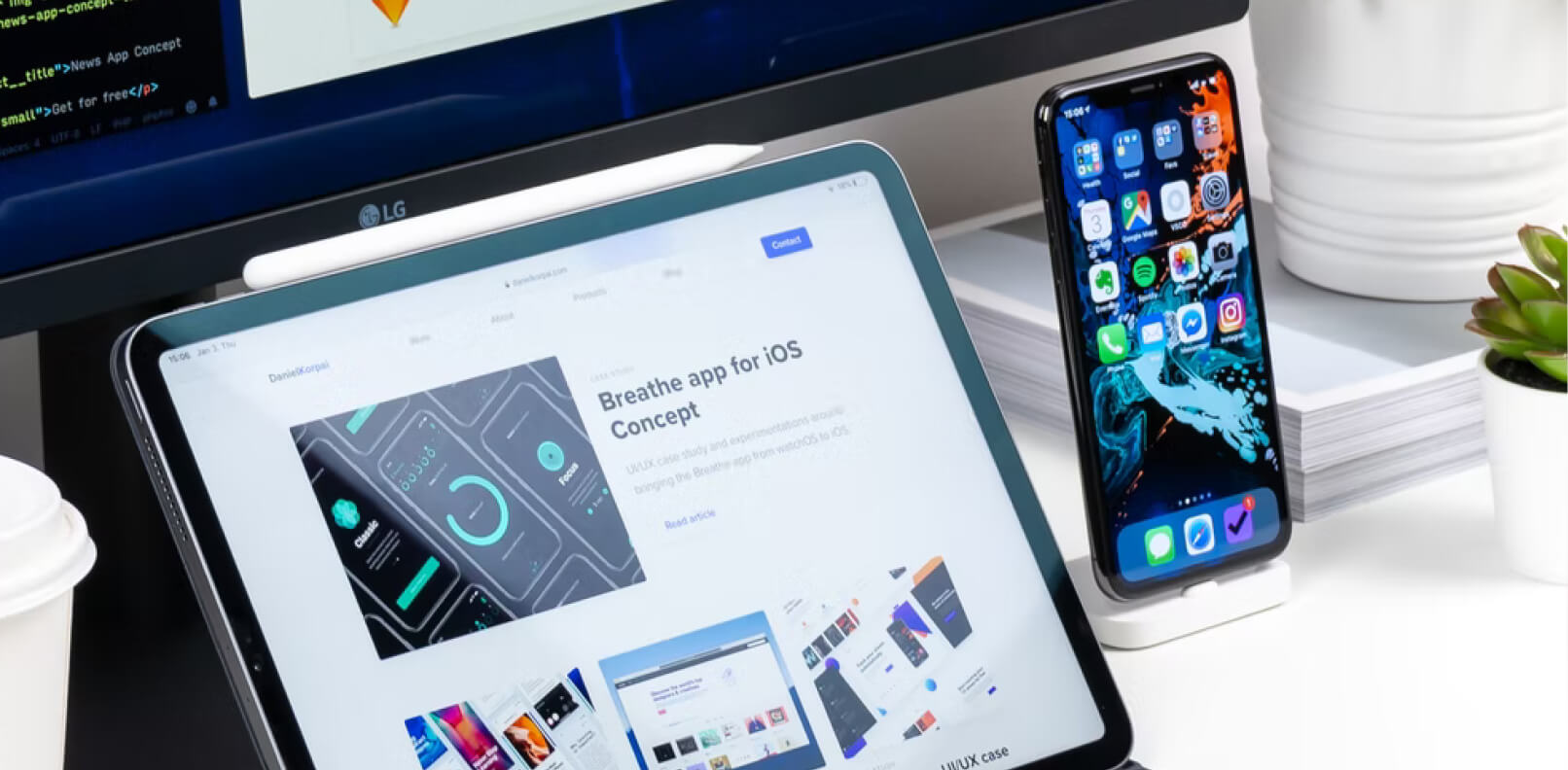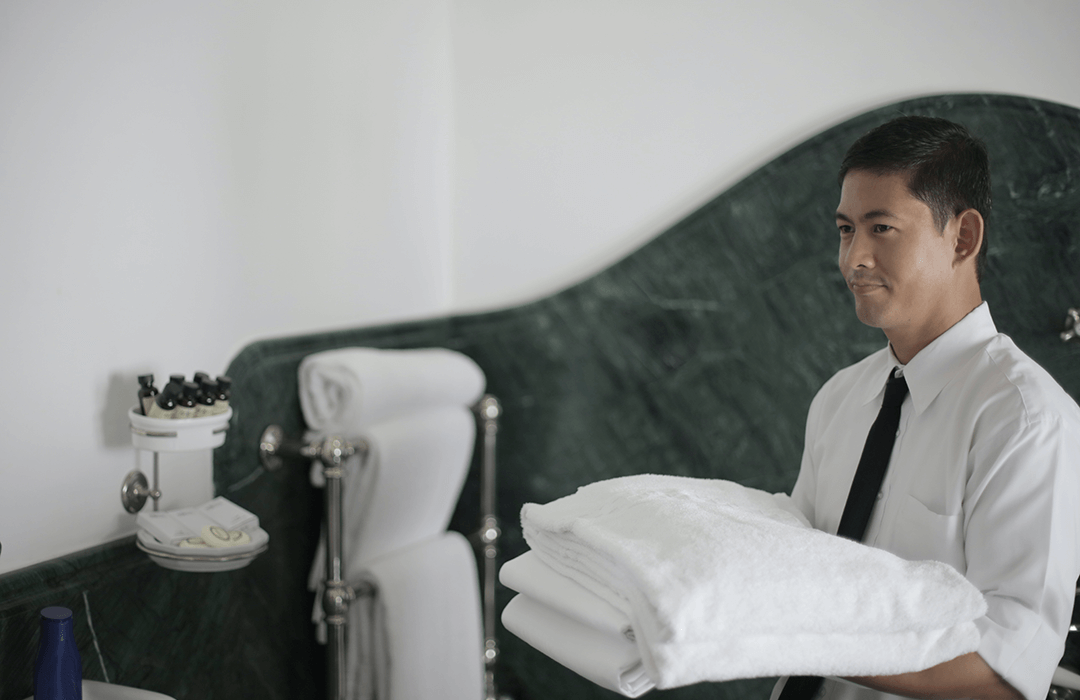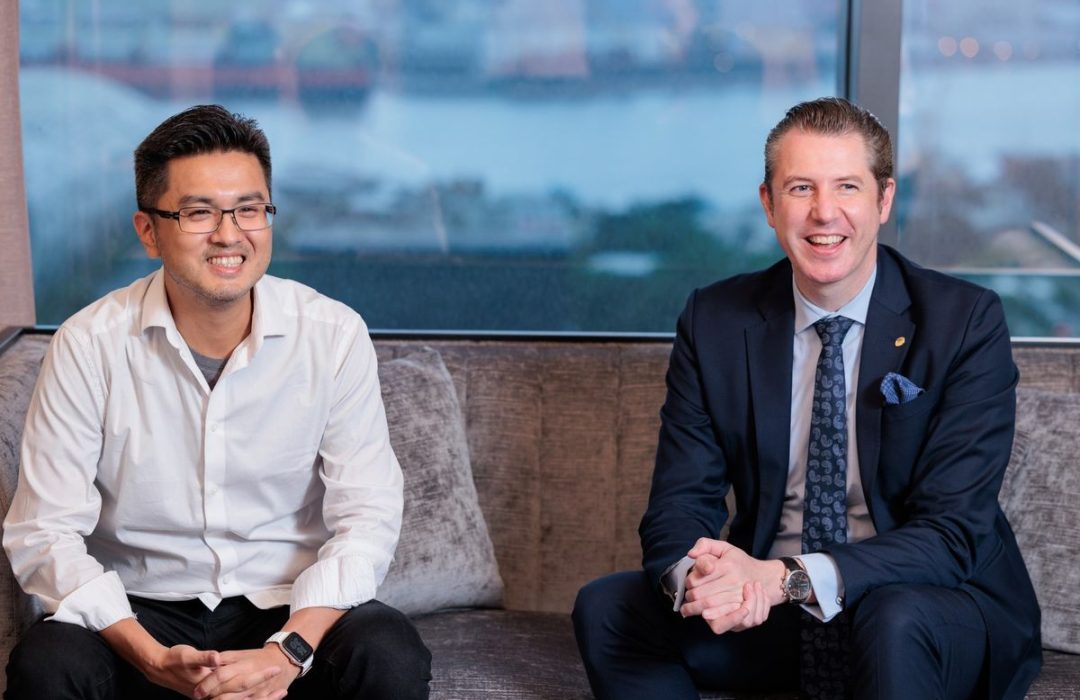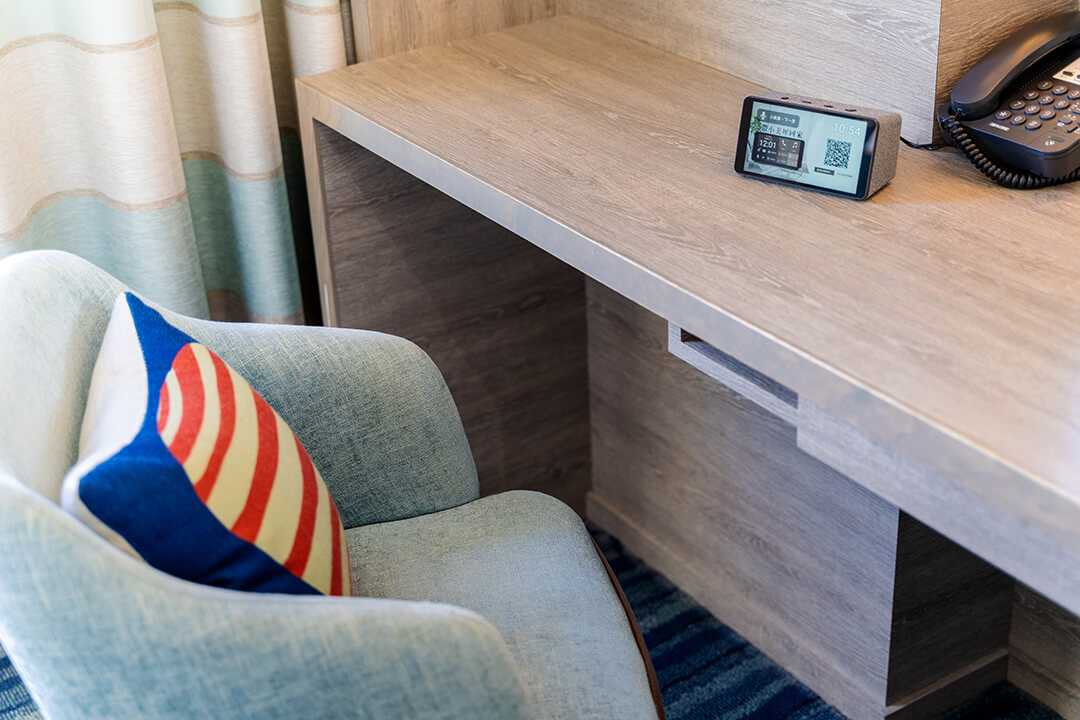When hotels first began exploring AI voice assistants as guest amenities, few anticipated the remarkable revenue impact these devices would deliver.
What was perceived as a guest convenience initiative has evolved into something far more significant—a tangible marketing platform that naturally drives sales while genuinely enhancing the guest experience.
Aiello Voice Assistants (AVA), in-room concierge devices powered by AI, have proven they can do more than respond to guest requests. They've demonstrated an ability to create meaningful opportunities for upselling Happy Hour specials, spa treatments, dining experiences, and local attractions, all during moments when guests are most relaxed and receptive in their rooms.
The Results Speak for Themselves
The outcomes from AI-powered in-room marketing strategies have exceeded expectations. Across hotel properties, these systems have facilitated over 8.1 million guest interactions with marketing content, with one in four guest interactions naturally involving promotional content—engagement levels that traditional marketing channels struggle to achieve.
This direct guest engagement has generated marketing touchpoints equivalent to $12.5 million in Search Engine Marketing savings (CPC $1.53), while creating $3.6 million in display advertising value through organic guest interactions (CPC $0.44). These aren't just satisfaction metrics—they represent genuine cost savings and revenue generation.
How It Works in Practice
Seeding Upsell Opportunities Throughout the Stay
The most successful implementations have discovered how to transform idle device time into gentle sales moments. The in-room voice assistant subtly builds guest awareness of premium offerings—such as spa packages and dining specials—even when the device isn’t actively in use.
Unlike traditional upselling that can feel intrusive, these displays engage guests during natural browsing moments. Properties that have embraced more customized advertising content consistently see higher guest engagement compared to those with limited promotional variety, confirming that personalization truly matters.
Hotels have also found success delivering timely promotions directly to guest rooms through scheduled broadcasts and customized campaign buttons. Whether sharing news about a Happy Hour or highlighting evening entertainment, these features haveproven effective at reaching guests when they're most likely to act on the information.
Targeted Broadcasts Guests Actually Respond To
Hotels have also found success delivering timely promotions directly to guest rooms through scheduled broadcasts and customized campaign buttons.
For example,
- a property might highlight the lunch buffet at 11:00 a.m.
- push a Happy Hour reminder around 4:00 p.m.
- showcase evening experiences like meditation sessions or a traditional market tour around 7:00 p.m.
Tour groups, for example, can be targeted through room-specific broadcasts—such as late-night foot massage offers after a long day of sightseeing. These timely, tailored messages reach guests at the exact moments they’re most likely to act, turning simple broadcasts into measurable revenue opportunities.

Perhaps most impressively, these systems have learned to understand guest inquiries and respond with relevant suggestions for services and local partnerships. When guests ask about nearby attractions, AVAs have successfully integrated coupon distribution and membership opportunities into the conversation.
Remarkable Results: 597K Downloads, 48% Dining Conversions
The results have been remarkable: one leisure-resort five-star hotel implementation generated 597,352 coupon downloads within 7 months, with a solid 11.34% conversion rate for local attraction partnerships.
Another initiative at a leisure resort five-star hotel located in a remote area—where guests rely heavily on in-hotel services—produced over 324,000 coupon downloads in 6 months, leading to more than 14,000 redeemed offers with a 4.4% overall conversion rate. This same program also enrolled over 3,700 new hotel members through AI-driven recommendations.
In yet another case, the in-room dining offer caught guests right in their rooms, with an upscale lifestyle resort hotel achieving conversion rates as high as 48% in just 6 months—demonstrating significant impact on food and beverage revenue.

Looking Forward
The hospitality industry appears to be experiencing a meaningful shift from reactive service models to proactive revenue generation strategies. AI-powered guest engagement systems have demonstrated they're more than just technological upgrades—they represent a strategic evolution that can transform every guest room into a personalized sales environment.
Hotels that have embraced these intelligent marketing features report they're not only improving guest satisfaction but also building sustainable competitive advantages. They've seen improved marketing ROI, direct revenue increases from targeted upselling, organic growth through enhanced guest advocacy, and operational efficiency that scales naturally with property size.
The question may be less about whether to implement AI-driven guest engagement, and more about when to begin. Contact us to explore how your hotel can achieve similar or greater results.

